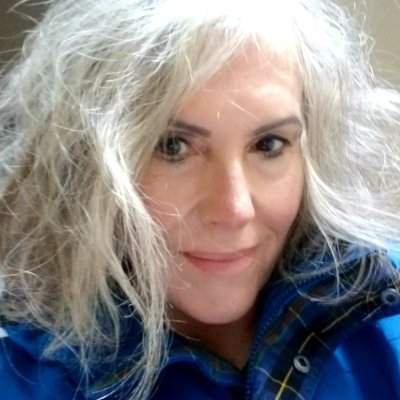Danica Anderson is a distinguished Forensic Psychotherapist specializing in trauma, crisis, and disaster response, currently leading transformative initiatives at The Kolo: Women's Cross Cultural Collaboration. With a profound commitment to human rights advocacy, Danica has dedicated her career to addressing the psychological impacts of catastrophic...
Danica Anderson is a distinguished Forensic Psychotherapist specializing in trauma, crisis, and disaster response, currently leading transformative initiatives at The Kolo: Women's Cross Cultural Collaboration. With a profound commitment to human rights advocacy, Danica has dedicated her career to addressing the psychological impacts of catastrophic violence and natural disasters on vulnerable populations. As the founder and developer of the Kolo Trauma Treatment and Training program, she has pioneered innovative approaches that integrate community development with evidence-based psychotherapy practices, fostering healing and resilience among local caregivers and their communities.
In her current role, Danica is actively engaged in key projects that aim to create intensified learning environments for trauma recovery. By utilizing the Kolo Trauma format, she empowers caregivers with the skills and knowledge necessary to support those affected by trauma, thereby enhancing the psychosocial well-being of entire communities. Her expertise in violence and gender studies informs her work, allowing her to address the unique challenges faced by women and marginalized groups in crisis situations.
Danica's international experience as a world-traveling forensic psychotherapist has equipped her with a rich understanding of cross-cultural dynamics, enabling her to effectively collaborate with NGOs and governmental organizations. Her skills in qualitative research, policy analysis, and proposal writing are instrumental in advocating for sustainable trauma-informed practices globally. As a noted presenter and psycho-social gender expert at the International Criminal Court, she continues to influence policy and practice in the field of trauma response, making her a pivotal figure in the advancement of non-lethal practices and community healing initiatives worldwide.







